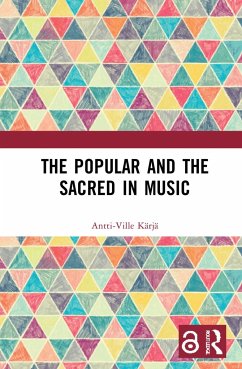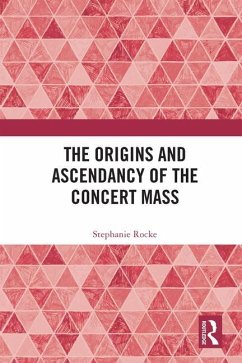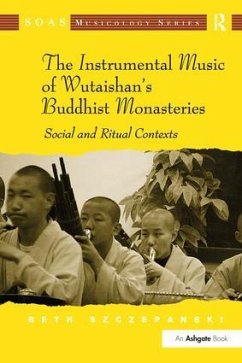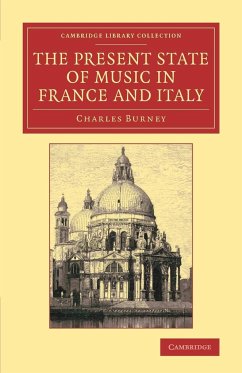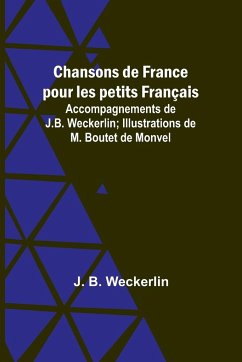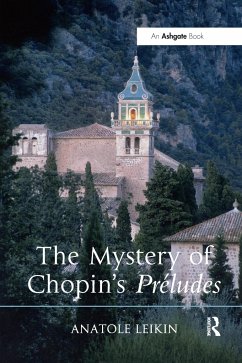
The Politics of Plainchant in fin-de-si¿e France

PAYBACK Punkte
84 °P sammeln!
This book tells three interrelated stories that radically alter our perspective on plainchant reform at the turn of the twentieth century and highlight the value of liturgical music history to our understanding of French government anticlericalism. It offers at once a new history of the rise of the Benedictines of Solesmes to official dominance over Catholic editions of plainchant worldwide, a new optic on the French liturgical publishing industry during a period of international crisis for the publication of plainchant notation, and an exploration of how French Catholics could bend Republican...
This book tells three interrelated stories that radically alter our perspective on plainchant reform at the turn of the twentieth century and highlight the value of liturgical music history to our understanding of French government anticlericalism. It offers at once a new history of the rise of the Benedictines of Solesmes to official dominance over Catholic editions of plainchant worldwide, a new optic on the French liturgical publishing industry during a period of international crisis for the publication of plainchant notation, and an exploration of how French Catholics could bend Republican anticlericalism at the highest level to their own ends.






